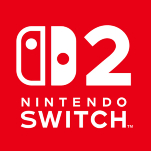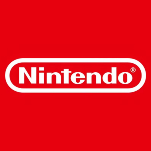Buy Now, Pay Later Plans For In-Game Items Are Coming, Whether You Like It or Not
Photo from Unsplash
On June 26 2025, buy now, pay later (BNPL) provider Affirm announced a partnership with gaming commerce company Xsolla. It will allow Affirm to bring BNPL plans to games that use Xsolla’s payment tools in the U.S, with plans to expand to Canada and the U.K.
As the announcement reads, Xsolla manages checkouts for thousands of game developers, and their games will “automatically” give players the choice to “split purchases into interest-free biweekly payments or longer-term monthly installments for carts starting at $50.” Xsolla’s President of Communication & Strategy Chris Hewish claims this will empower developers “to offer gamers a smarter way to pay for the content they love while driving deeper engagement and long-term growth.” While Xsolla and Affirm don’t specify which games this affects, if you need an idea of the potential scope, their partner success stories include work with major publishers like Dying Light publisher Techland, PUBG publisher Krafton, and Fortnite developer Epic Games.
-

-

-

-

-

-

-

-

-

-

-

-

-

-

-

-

-

-

-

-

-

-

-

-

-

-

-

-

-

-

-

-

-

-

-

-

-

-

-

-


































